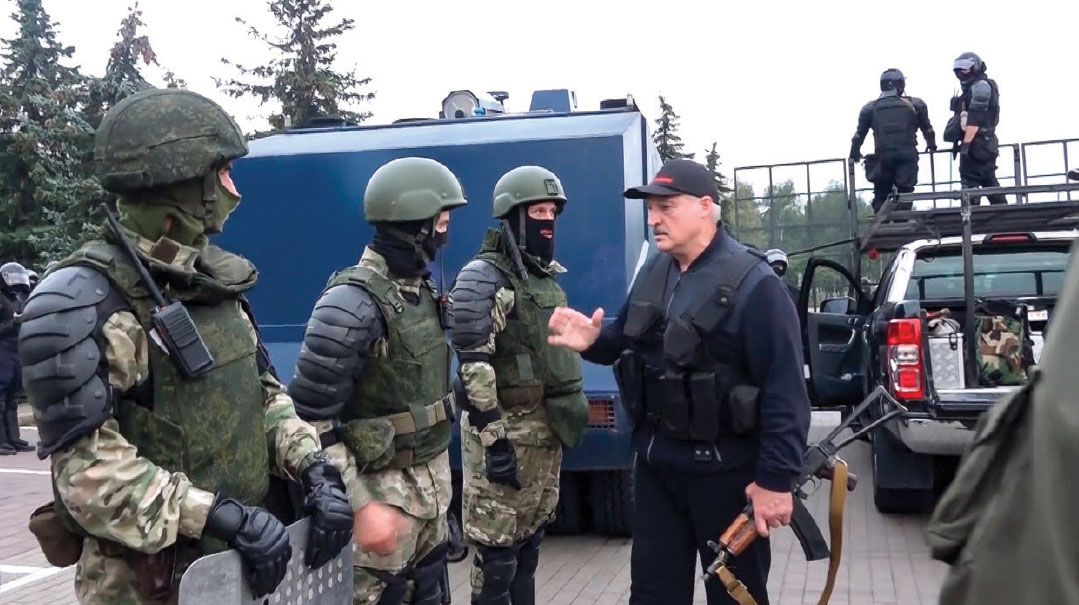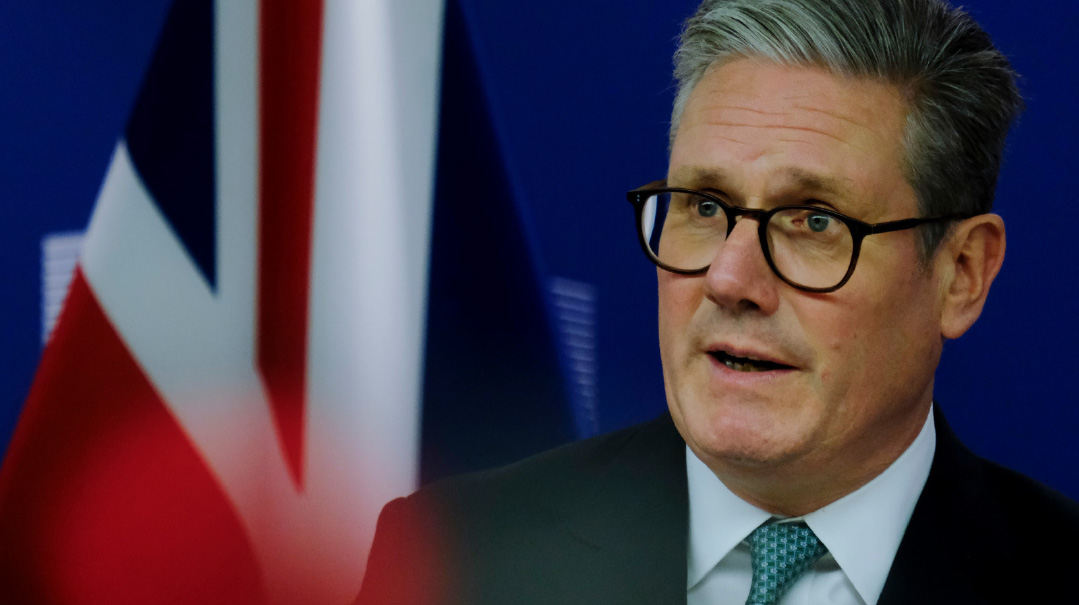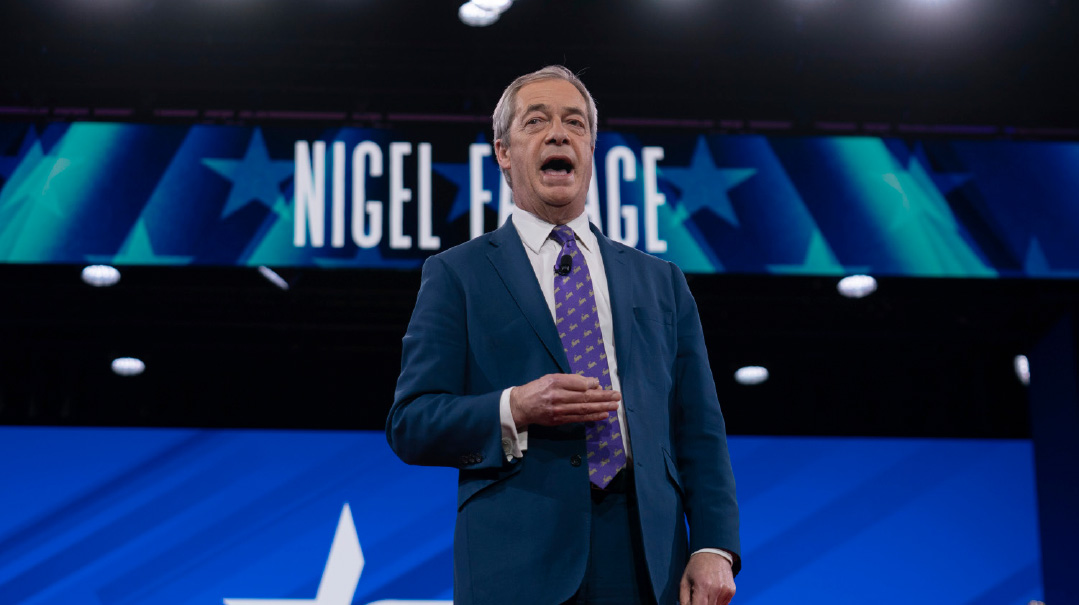A Time to Be Silent

Two thoughts about Belarus

Photo: AP Images
The last time I visited Belarus, it was summer 2001 and I was on a pre-yeshivah exchange trip visiting the school headed, then and now, by Manchester-born Rabbi Moshe Fhima of Yad Yisroel, an organization that has played a prominent role in reviving local Jewish life.
From an exhausting week spent on a tour bus visiting some of the most storied places in modern Torah history — Minsk, Grodno, Radin — other memories remain. The gray Communist-era tenements, omnipresent hammer-and-sickle emblems, and local Jewish boys who were reluctant to talk about the strongman leader, Alexander Lukashenko.
Almost two decades later, images of mass protests against that same ruler revived those memories, leading to two thoughts.
One is geopolitical. Franak Viacorka, a Minsk native and non-resident fellow at the Atlantic Council, wrote last week that “thirty years after the empire officially expired, the sun may finally be setting on the last remaining outpost of Soviet authoritarianism in Central Europe.” But the protestors being beaten by Lukashenko’s goons will be all too aware that while more freedom is possible, a realignment with the West is not on the cards.
Having acted forcefully to keep Eastern Ukraine within Russia’s traditional sphere of influence in 2014, Vladimir Putin won’t allow Belarus to join the West — a fact that no amount of bravery from the protestors can change. But at the same time, the security forces that the Russian leader has said are on standby will be used as a last resort. According to Viacorka, “Moscow must buy time and prop up Lukashenko until a palatable alternative can be found.”
The second thought is about not taking our freedom for granted. Living in the West, we accept as normal that visibly religious Jews can be active on any part of the political spectrum. Joe Lieberman ran for vice president, and Trump’s son-in-law is Orthodox. But talk to Belarus’s Chief Rabbi Mordechai Reichenberg, and you’re reminded that this has been the exception in Jewish history, not the rule. Strongly urging a dose of traditional galus mentality, he refused to discuss the political situation in his country.
“We continue activities as usual in the shul in Minsk, which is near where the demonstrations are,” he told me. “But Jews should be involved in the beit knesset, not in politics.”
(Originally featured in Mishpacha, Issue 826)
Oops! We could not locate your form.













